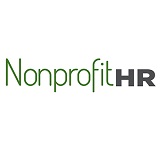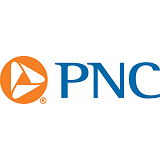
5 Tips for keeping your remote team secure
When COVID hit unexpectedly in early 2020, companies were forced to pivot quickly to remote operations. The sudden switch to a home office environment enabled business to continue, but it also came with many challenges. Every business faced uncertainty – how long would this last? Is my data still secure? The reality is that remote work likely won't be going away any time soon, and home offices can present a security risk without the right policies, procedures, and tools.
Here are the top 5 tips for keeping your remote team secure:
1. Make sure data is stored securely in business-approved repositories
Many employees have a personal Dropbox or other cloud-based data storage account. They also often store data on their local hard drives. Set up easy-to-use company data repositories and implement policies that prevent workers from using their personal accounts to store and share company data.
2. Require relevant Cybersecurity Awareness Training
Train employees on relevant security topics such as "how to recognize phishing attacks," "proper password management," and "company cybersecurity best practices." Adequate training resources are available, and leaders should make sure their employees participate regularly.
3. Deploy a business password management tool
Employees are notorious for writing passwords on sticky notes or storing them in files on their desktop. Give workers a more secure and convenient option by providing a business-approved password management tool to help them create strong passwords and keep them organized. Talk to your IT service provider for recommendations.
4. Use Multi-Factor Authentication (MFA)
Passwords and physical devices are both relatively easy to steal. By requiring more than one form of identification to access company devices and systems, IT Teams can prevent malicious actors from accessing company data. MFA is crucial for controlling access to publicly-accessible services such as Microsoft 365.
5. Have your remote team protect their home routers and wireless networks with a password
This seems simple, but many employees either have open home wireless networks or have never changed the default password. You should set a strong password for your home wi-fi network and make sure not to post it where it can be easily seen.
Written by Erik Haas, Director of Sales & Marketing, designDATA
































